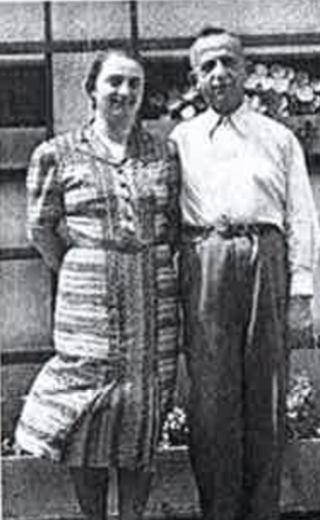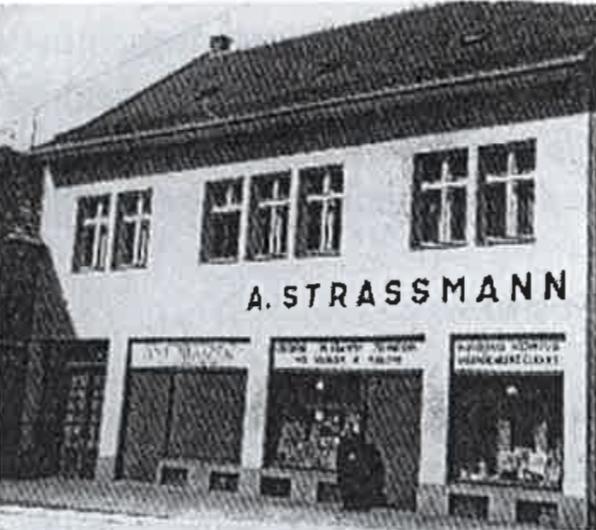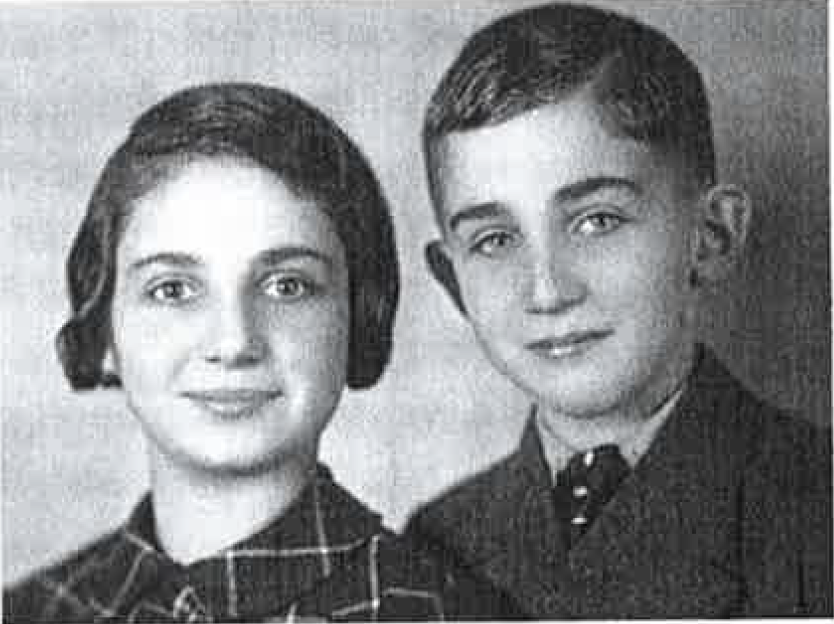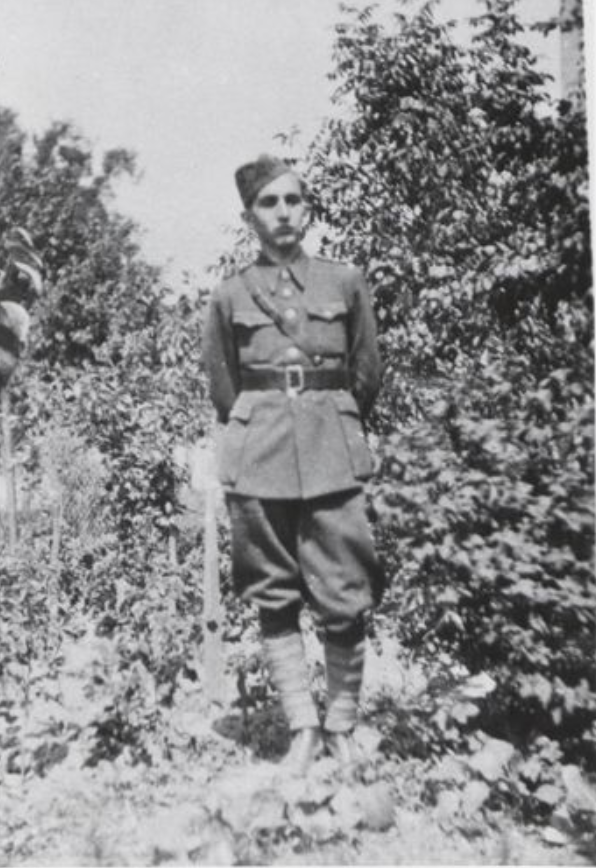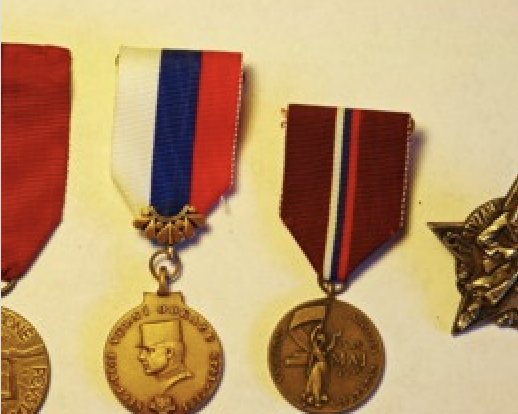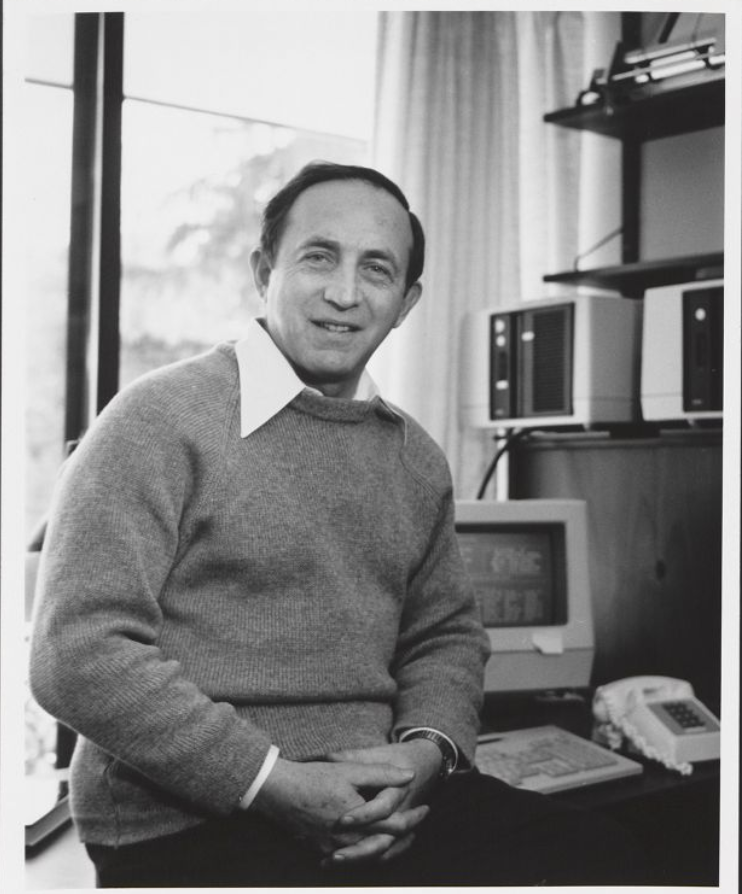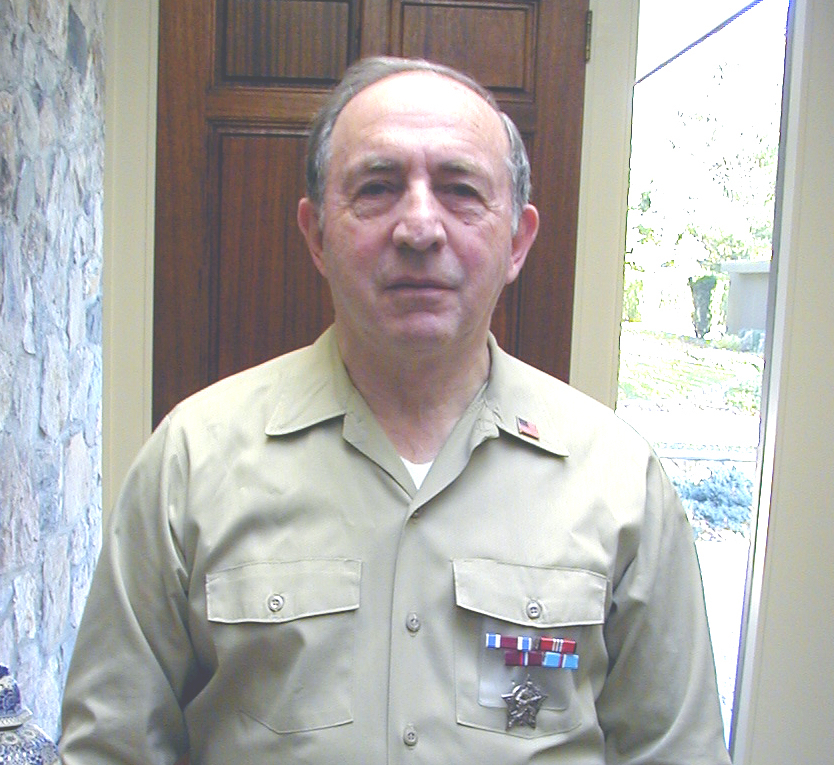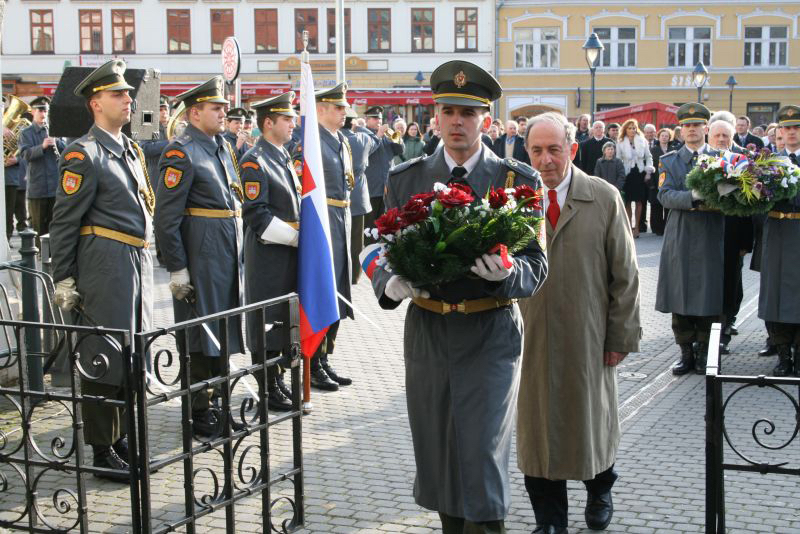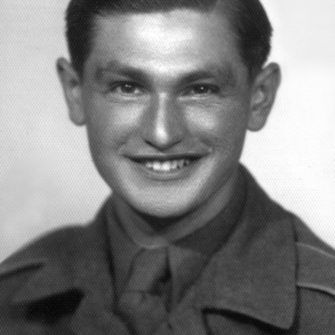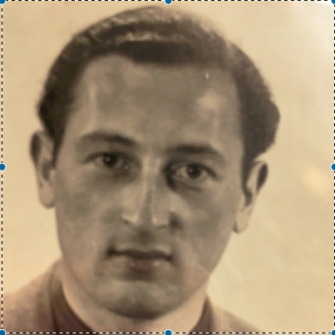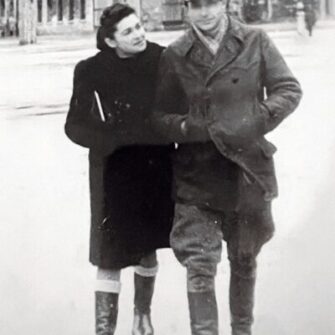Paul Strassmann was born on January 24, 1929 in Trenčín, Czechoslovakia, present-day Slovakia. His father Adolf owned a wholesale foods and agricultural products business. During WWI his father was an infantry Major, one of a few Jewish combat officers. Paul grew up with an older sister Ella. He tended to be a troublesome child which earned him the nickname Spacek. He lived a relatively normal childhood filled with fun and games with no inkling of the trouble brewing not far from his home.
As Adolf Hitler rose to power in Germany, Paul’s family quickly recognized the danger he posed and secretly planned to leave their home in Czechoslovakia. Unfortunately, the money they were saving was scorched when hidden behind a heating radiator. The family could not go and lost their business and home when Czechoslovakia fell to the Nazis nine months later.
At 15, Paul joined a small group of partisan fighters led by a one-handed Russian named Batko. His first mission as a partisan was to assist in blowing up a Nazi train carrying supplies. Unfortunately, as the train was nearing, Paul lost some of the blasting caps and had to rush to find them before it was too late. Luckily the mission was a success, but Batko was angry at Paul for losing the caps and put a revolver to his head. Thankfully, this was only a threat, and Paul lived to see another raid on the trains.
Paul was a rifle soldier of the partisan brigade Stalin-Jegorov under Russian military command from September 6, 1944, until March 25, 1945. He is the holder of a Czechoslovak Partisan Identification Card (Zavada HQ, Czechoslovakia, September 29, 1944); holder of the Order of the Slovak National Uprising, Bratislava, Czechoslovakia (November 19, 1946); citation for paid services as Czechoslovak Partisan for six months and eight days, Minister of National Defense, Prague, Czechoslovakia, October 10, 1947; holder of Partisan Badge, Prague, Czechoslovakia, October 25, 1947.
After liberation in March 1945, Paul was drafted into the Czechoslovak army and earned the rank of corporal. He served until July 1945, when he received his discharge and returned to his hometown of Trenčín. He was reunited with his sister Ella and learned from her that their parents, Franci and Adolf, died of typhus just before liberation. Ella had married her teenage sweetheart, and together they had two children.
Paul is a holder of the Slovak Medal of the Uprising (1998) and the General Stefanik Medal for anti-fascist resistance (2008). As the most senior surviving Jew from Trenčín, he presided over the 70th anniversary of the Holocaust ceremony.
In 1948, at 19, Paul left for America in search of a new life – far away from all of the horrors of his youth. He attended Cooper Union College, earning an engineering degree. Later, he earned his master’s degree from MIT and a PhD in computer science from George Mason University.
Paul enjoyed a lengthy career as an engineer, working for Xerox (Vice President), the United States Department of Defense (recipient of the Distinguished Public Service Medal), and NASA (recipient of the Exceptional Service Medal).
Paul and his wife Mona have lived in New Canaan, Connecticut, for more than 45 years and have been married for 65 years. They have four children and seven grandchildren. One grandchild is a Lieutenant in the U.S. Navy, continuing the family’s four generations of Jewish military service. Strassmann has given over 40 talks about his experiences as a partisan. He is author of two books about his partisan activity: “Paul’s War” (2006) and “My March to Liberation” (2011).
Recalling his time as a Jewish partisan, Paul Strassmann still believes that one should keep fighting even if that carries great risks. Strassmann carried a rifle and fought back to defend the lives of the Jewish people.

